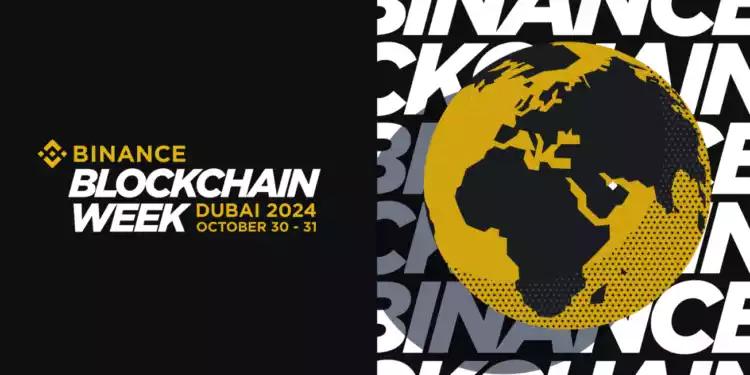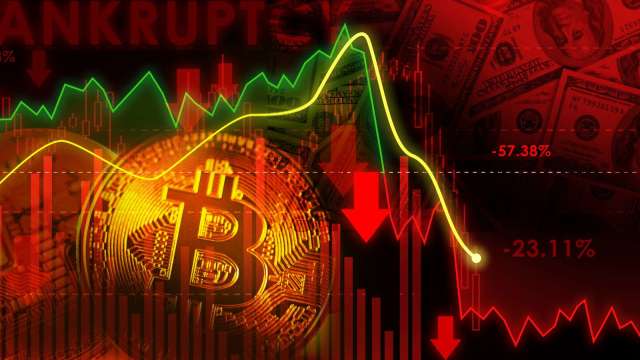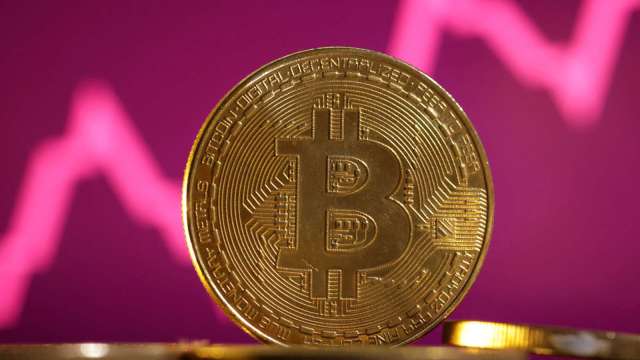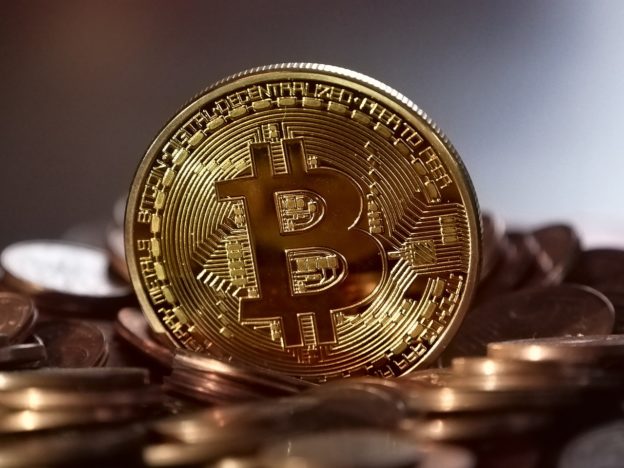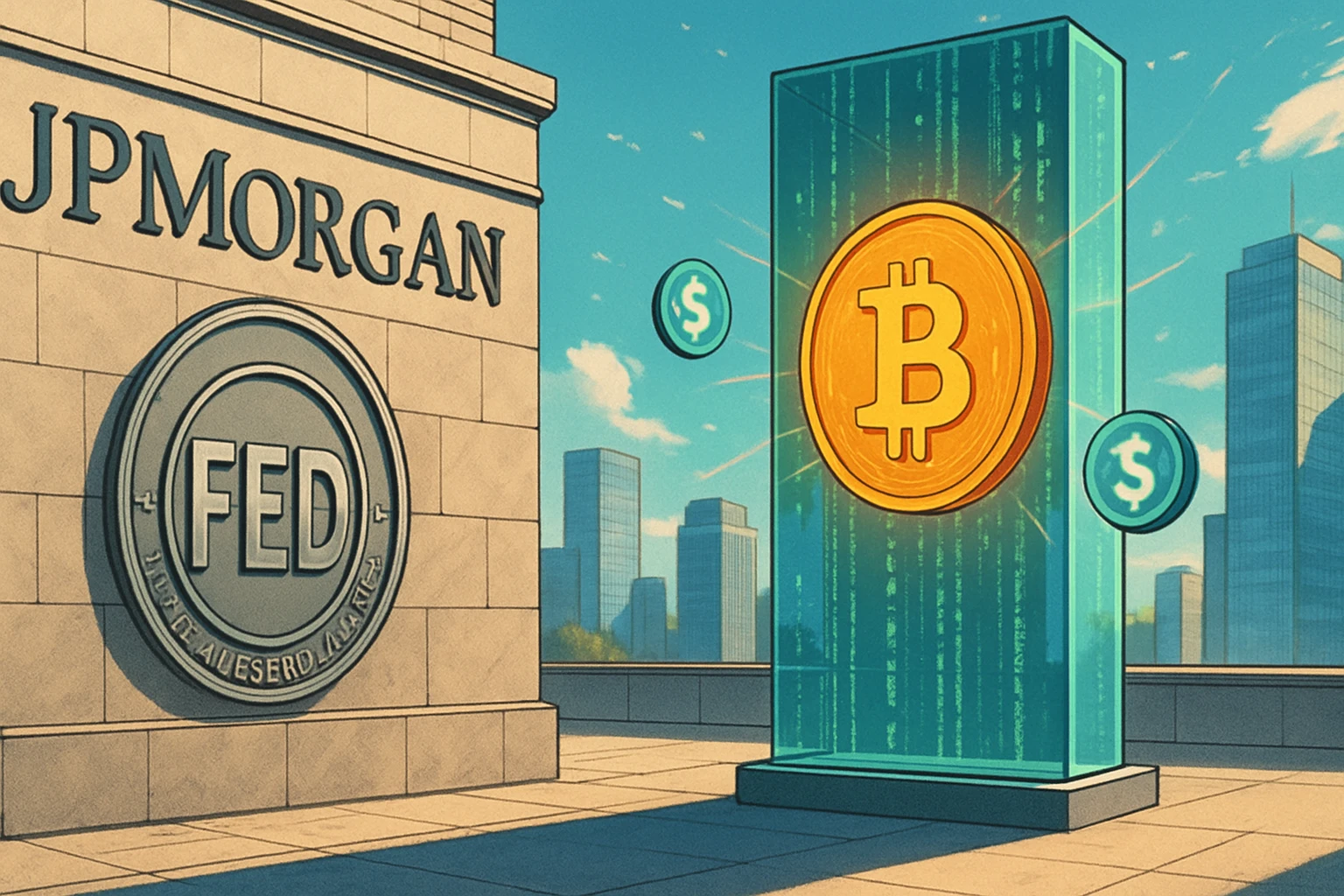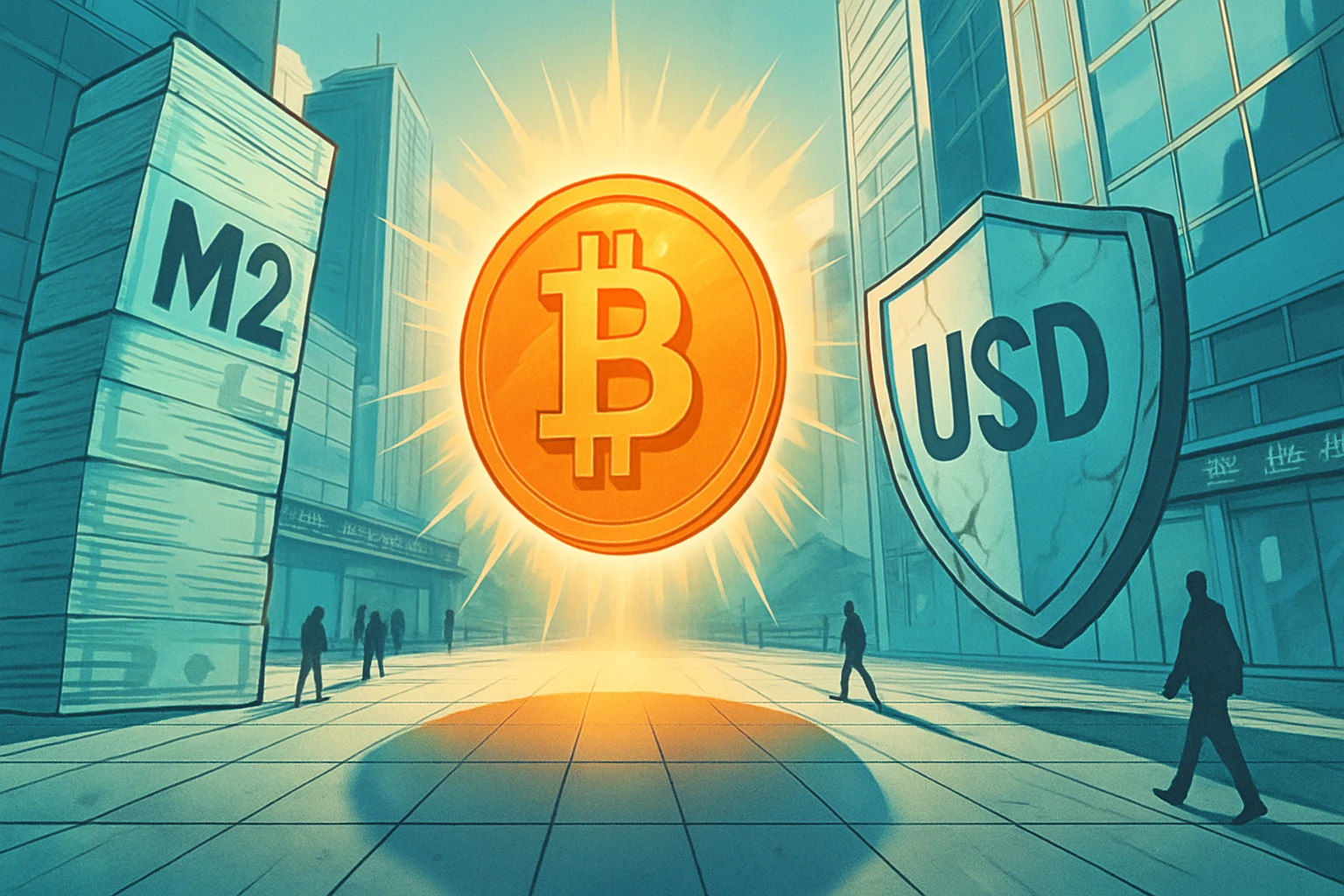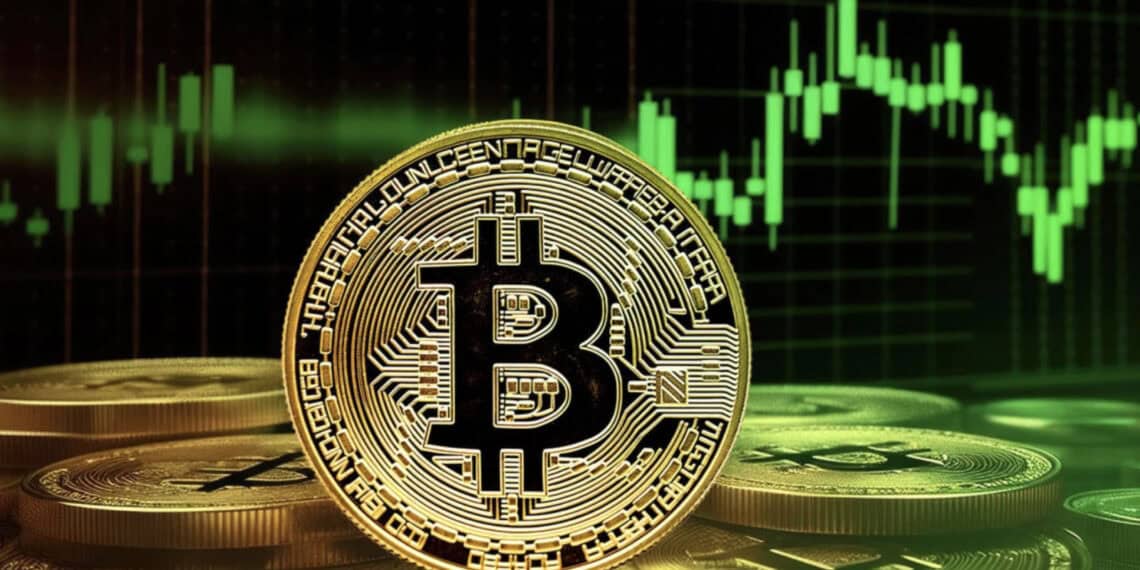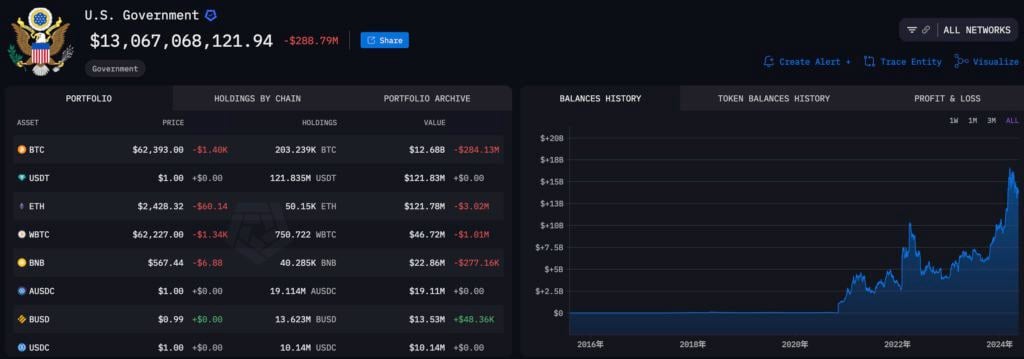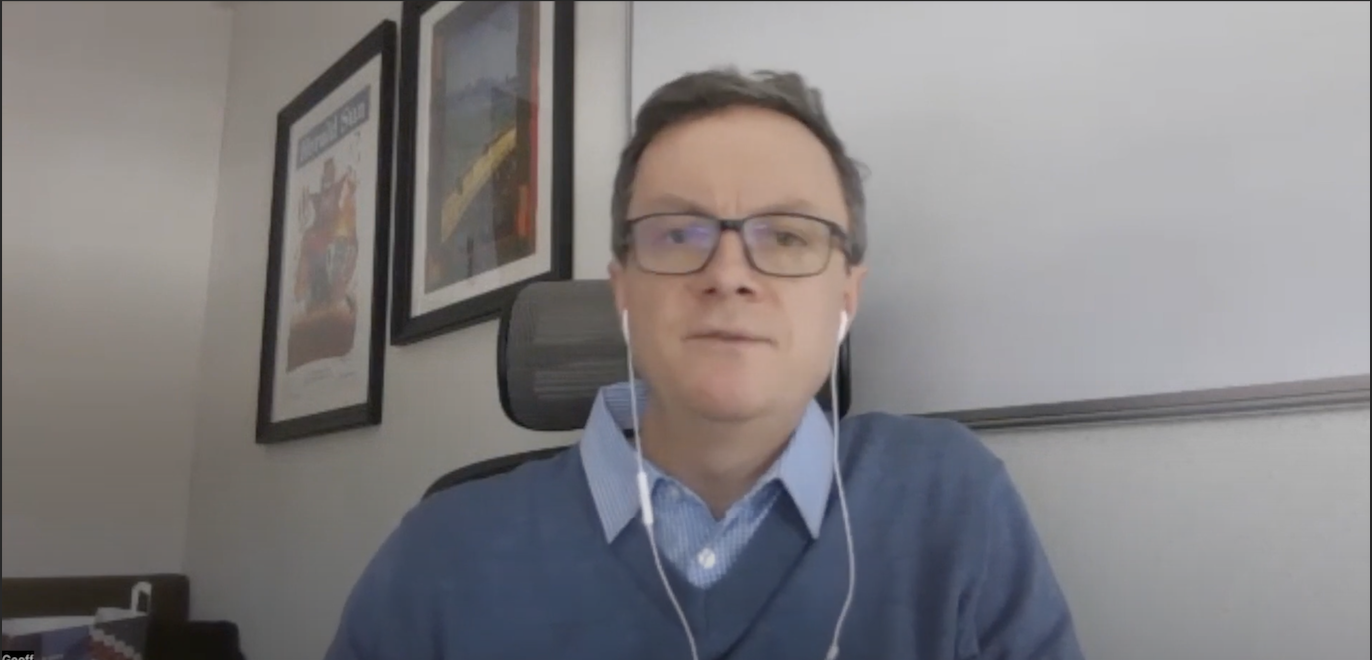JPX has targeted publicly traded companies holding large amounts of cryptocurrency, tightening regulations from backdoor listings to mandatory audits. The halving of Metaplanet’s stock price serves as a warning, highlighting the risks investors must face with highly volatile assets.
![图片[1]-Bloomberg reports that Japanese exchanges are considering a boycott of DAT companies to reduce the chaos of cryptocurrency hoarding, as seen with companies like Metaplanet.-OzABC](https://www.ozabc.com/wp-content/uploads/jpx-tightens-dat-crypto-curbs-800x533.webp)
EastJapan Exchange Group (JPX), the parent company of the Tokyo Stock Exchange, is putting the brakes on its plan to “move the company’s treasury onto the blockchain.” Faced with ever-growing Bitcoin holdings, JPX is assessing several restrictions, ranging from strengthening the ban on backdoor listings to requiring re-audits, with the aim of isolating retail investors from the volatility of cryptocurrencies.
JPX regulation is imminent.
According to Bloomberg , since September 2025, JPX has objected to three publicly listed companies that announced large-scale transfers of funds into cryptocurrencies, warning that “once virtual assets become a core strategy, future fundraising capabilities may be limited.” JPX insiders even stated that the current ban on backdoor listings may be expanded to apply to companies that turn treasury shares into Bitcoin vaults.
JPX stated:
“We monitor companies that raise concerns from a risk and governance perspective in order to protect shareholders and investors.”
Metaplanet’s stock price halved: a warning.
Japan has the largest number of Digital-Asset Treasury Companies (DATs) in Asia, with 14 in total. However, the collapse of the leading company, Metaplanet, highlights the cost of highly volatile assets. This hotel-turned-company, following the US MicroStrategy model, accumulated over 30,000 Bitcoins, once becoming the world’s fourth-largest publicly traded Bitcoin holder. As Bitcoin prices have fallen, Metaplanet’s stock price has plummeted more than 75% from its June high, nearly halving.
Even after the company achieved a milestone in holding Bitcoin, its stock price is still about 70% lower than its 2025 peak. Similarly mired in trouble is nail salon operator Convano Inc., whose stock price has fallen by about 60% in two months since announcing its intention to acquire 21,000 Bitcoins.
Innovative financing meets high risk control barriers
In an attempt to stem the bleeding, Metaplanet launched a share buyback program of up to $500 million, using its Bitcoin holdings as collateral for financing. The company sought to improve capital efficiency and its market capitalization-to-net-worth ratio. However, the buyback announcement only brought a brief rebound, and the stock price quickly fell again. The market is generally concerned that financing secured by highly volatile assets could trigger a sudden collapse in the company’s cash flow if the price of cryptocurrencies fluctuates wildly.
JPX’s toolbox goes beyond simply recovering loopholes in backdoor listings; it may also require these companies to undergo independent audits to enhance financial transparency and governance mechanisms. The new audit requirements will reveal the market value of a company’s cryptocurrency holdings, financing conditions, and potential risks, preventing investors from focusing solely on “how many Bitcoins it holds” while ignoring leverage ratios and asset price volatility.
A mirror of Asian financial centers
JPX’s tough stance echoes the digital asset regulatory reforms being pushed forward by Japan’s Financial Services Agency (FSA). The FSA intends to introduce mandatory registration and stricter security standards for custodians and exchanges, aiming to build a stronger competitive advantage.
For other Asia-Pacific financial centers, Japan’s experience serves as a mirror: blindly pursuing the crypto narrative may seem impressive in a bull market, but accumulated risks often erupt in a bear market. By restricting financing and strengthening audits, the JPX has brought “freedom of innovation” and “investment protection” back to a balance, and also reminds regional regulators that to embrace the potential of blockchain, they must simultaneously build firewalls capable of absorbing volatility.
As the hot money recedes, the new JPX regulations will scrutinize who is increasing their holdings in high-risk assets and who has maintained sufficient governance and capital buffers. Going forward, anyone attempting to inflate stock prices by holding large amounts of cash or using shell companies to skip the IPO process will face even tougher compliance reviews.
For investors, Metaplanet’s scenario serves as a stark reminder: simply having cryptocurrency on hand does not guarantee a company’s value. The true moat lies in robust cash flow and transparent governance. While JPX’s early move may dampen market sentiment in the short term, in the long run, it could pave a safer and more sustainable path for the evolution of digital assets in the Japanese capital market.
As the JPX and FSA tighten regulations in concert, global investors must reassess whether including Bitcoin in corporate cash pools is risk diversification or simply doubling down on a bet. With regulatory red lines becoming clearer, the next wave of digital asset innovation will inevitably have to be built on a much thicker safety net of risk.






